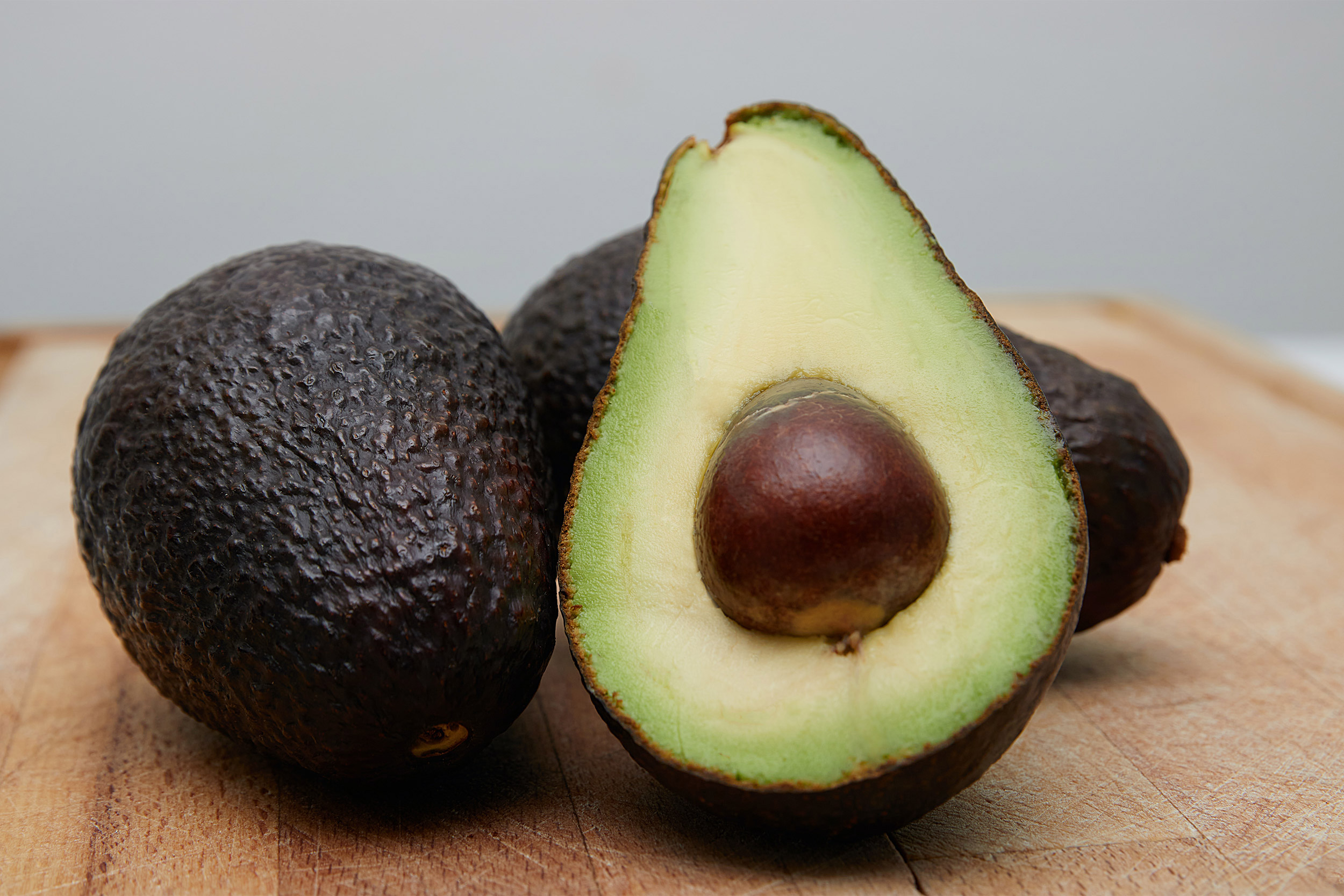
In the study a serving equaled half an avocado.
Gil Ndjouwou/Unsplash
Eating one avocado a week may lower heart disease risk
Study reviewed 30 years of data from more than 110,000 participants
People who eat two or more servings of avocado each week may lower their risk of cardiovascular disease compared to people who rarely eat avocado, according to a new study led by researchers from Harvard T.H. Chan School of Public Health.
The researchers also found that replacing animal products such as butter, cheese, or processed meat with an equivalent amount of avocado was associated with a lower risk of cardiovascular disease events.
The study was published March 30 in the Journal of the American Heart Association.
The researchers looked at 30 years of data from more than 110,000 female and male participants in the Nurses’ Health Study and Health Professionals Follow-Up Study. After taking into account a wide range of cardiovascular risk factors and overall diet, they found that people who ate at least two weekly servings of avocado — with a serving defined as half an avocado — had a 16 percent lower risk of cardiovascular disease and a 21 percent lower risk of coronary heart disease during the study period. Those who swapped half a daily serving of animal products for avocado had a 16–22 percent lower risk of cardiovascular disease events.
Offering the suggestion to “replace certain spreads and saturated fat-containing foods, such as cheese and processed meats, with avocado is something physicians and other health care practitioners such as registered dietitians can do when they meet with patients, especially since avocado is a well-accepted food,” said lead author Lorena Pacheco, a postdoctoral research fellow in Harvard Chan School’s Department of Nutrition.





